Mastering remote working management: Unleashing efficiency and connection
As the business landscape evolves, remote work has become a driving force in the world of remote working, offering access to a diverse talent pool and cost-saving advantages. Recent studies reveal that remote employees can be up to 47% more productive compared to traditional office settings. If you're leading a remote team, the question on your mind is likely: How can this be done effectively? The answer lies in team selection, essential tools, goal-setting, and robust systems.

The art of recruitment: Culture fit and soft skills
Selecting the right team members for remote work goes beyond skillsets. Soft skills such as adaptability, creativity, and decision-making gain heightened importance in a remote environment. Look for candidates whose values align with your company's culture – a factor that accelerates integration, boosts job satisfaction, and fosters loyalty. A remote team with shared values becomes a united force, promoting engagement and advocacy.
Powering productivity with project management tools
Real-time project management is the backbone of remote working success. Cloud-based platforms like Asana, Trello empower you to coordinate projects, organise tasks, and track productivity seamlessly. These tools ensure tasks stay on schedule by providing reminders, calendars and collaborative workspaces.
The vital role of face-to-face virtual meetings
While digital communication is convenient, its lack of nonverbal cues can lead to misunderstandings. In remote teams, prioritising face-to-face interactions via platforms like Microsoft Teams and Zoom is crucial. These virtual meetings bridge the gap, nurturing clearer communication and building rapport among team members. The simple act of turning on cameras transforms interactions, fostering connection and shared understanding.
Goal setting: Trust and results over micromanagement
Building trust within remote teams is paramount. Ditch traditional time-tracking methods for a Management by Objectives (MBO) approach. This strategy centers around goals and results rather than mere hours worked, boosting motivation and accountability. Clear targets and expectations provide a shared vision, inspiring team members to excel.
Nurturing remote company culture
Remote work should not dilute your company's culture. Establish a strong foundation through robust onboarding programs. Regularly involve remote team members in decision-making processes, recognise their achievements, and offer paths to career growth. Virtual team-building activities further cement the sense of camaraderie and shared purpose.
Embracing the remote advantage
Today's workforce seeks flexibility, autonomy and work-life balance. Remote working satisfies these desires, making it a preferred choice. Trust, effective communication, strategic recruitment, project management, and a vibrant culture are the keys to remote team success. By mastering remote workforce management, you unlock higher productivity, access to top talent and a competitive edge in the modern business landscape.
"Remote work transcends boundaries, unleashing productivity and potential. In a world driven by virtual collaboration, effective management is the compass that guides teams towards success."
A remote workforce is as or more effective than an office-based team. Trust, communication, robust recruitment, project management, and camaraderie are keys to success. Embracing remote working can provide a competitive advantage and access to a wider pool of talented individuals. Today, with most candidates wanting remote or hybrid work, with more control over their day, no commute, and a desire for a greater work-life balance, employers will need to continue to fine-tune their remote management skills to further improve on productivity and cohesive teams.
For tailored recruitment solutions and expert guidance, connect with Drake International today.
 CA-EN
CA-EN UK
UK AU
AU US
US NZ
NZ PH
PH ZA
ZA SG
SG HK
HK






